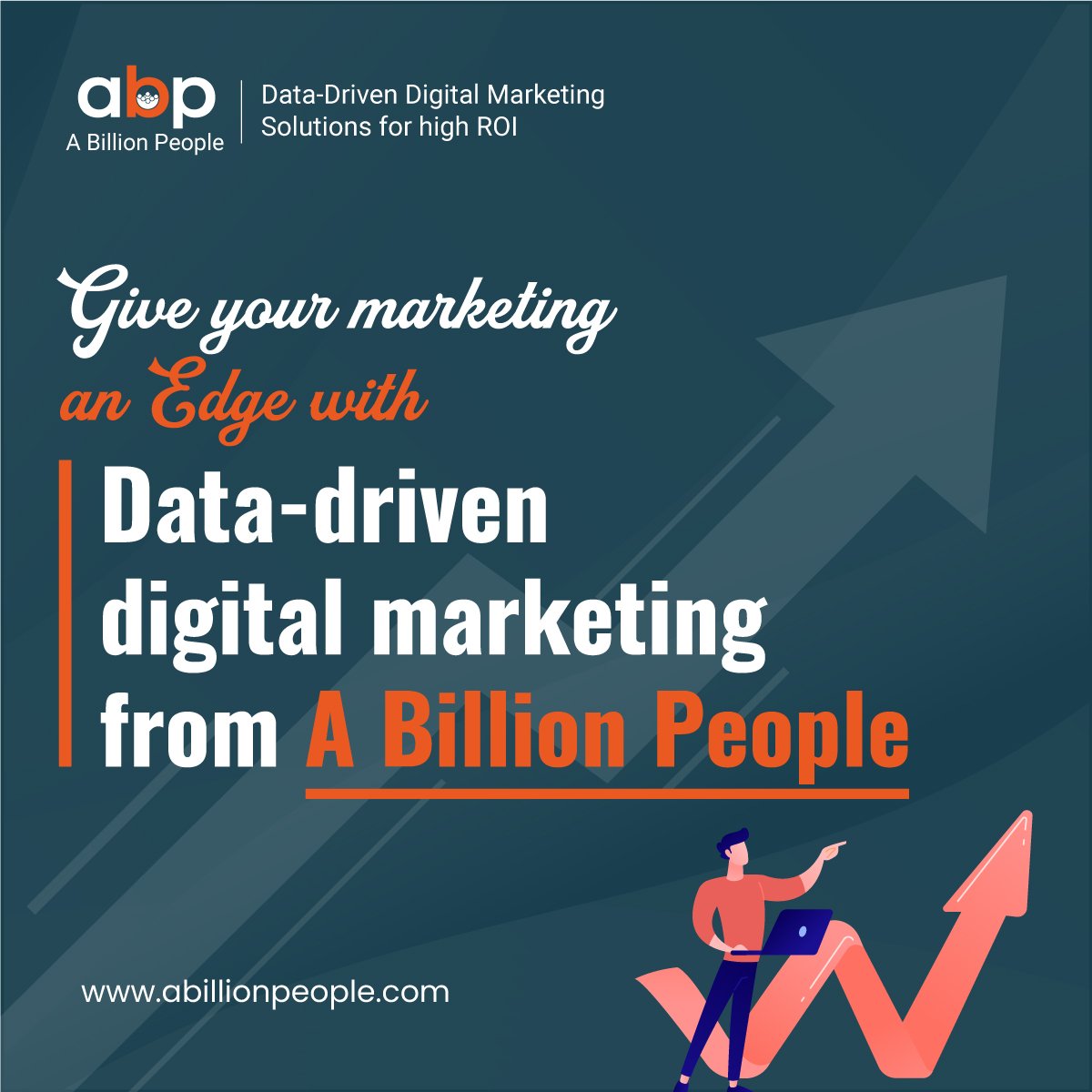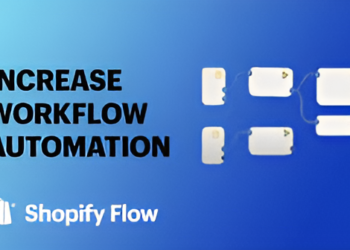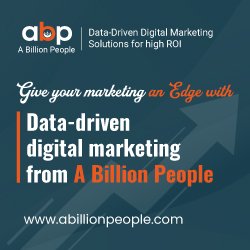“Data is valuable, but it’s what you do with it that makes the difference.” – Unknown
In the intricate web of today’s digital landscape, where every click, like, and purchase leaves a digital footprint, the ability to harness this plethora of data is no longer just advantageous; it’s imperative for businesses striving to stay ahead. In this exploration, we embark on a journey into the realm of data analytics, unravelling the methodologies and tools that empower businesses to transform raw data into actionable insights, driving targeted lead generation strategies that resonate with their audience on a profound level.
1. Understanding the Significance of Data Analytics
Navigating the Information Deluge:
In an era characterized by an overwhelming abundance of information, data analytics serves as a lighthouse guiding businesses through the turbulent sea of data. It not only illuminates the path forward but also helps navigate the treacherous waters of market dynamics and consumer behaviour.
Deciphering Consumer Behaviour:
At the heart of effective lead generation lies a deep understanding of consumer behaviour. Data analytics allows businesses to peer into the psyche of their target audience, uncovering insights into their preferences, pain points, and purchasing patterns. Armed with this knowledge, businesses can tailor their lead generation strategies with surgical precision, ensuring maximum resonance and impact.
2. Leveraging Cutting-Edge Data Analytics Tools
Google Analytics:
As the cornerstone of web analytics, Google Analytics offers a treasure trove of data pertaining to website traffic, user interactions, and conversion rates. With its intuitive interface and robust reporting capabilities, businesses can glean invaluable insights into the effectiveness of their online presence, guiding strategic decision-making in lead generation efforts.
Customer Relationship Management (CRM) Systems:
In today’s interconnected world, customer data is scattered across various touchpoints, from social media interactions to email correspondence. Advanced CRM systems act as a central repository, consolidating this disparate data and providing businesses with a holistic view of their customers. By leveraging this comprehensive dataset, businesses can orchestrate targeted lead generation campaigns that resonate with individual customers on a personal level.
Marketing Automation Platforms:
In the era of automation, marketing automation platforms have emerged as indispensable tools for streamlining lead generation workflows. Equipped with robust analytics capabilities, these platforms enable businesses to track the performance of their marketing campaigns in real-time, identify areas for optimization, and iterate on strategies for maximum impact. From email marketing to social media advertising, every aspect of the lead generation process can be meticulously monitored and fine-tuned to drive tangible results.
3. Embracing the Power of Personalization
Segmentation:
One-size-fits-all marketing tactics are a relic of the past. In today’s hyper-connected world, consumers expect personalized experiences that cater to their unique needs and preferences. Data analytics empowers businesses to segment their audience based on demographic, behavioural, and psychographic attributes, allowing for hyper-targeted marketing campaigns that speak directly to the individual interests of each customer segment.
Dynamic Content:
Static marketing messages are rapidly losing their efficacy in a world inundated with content. Data analytics enables businesses to deliver dynamic, personalized content that adapts in real-time based on user interactions and preferences. Whether it’s a personalized email recommendation or a dynamically generated website landing page, dynamic content ensures that every touchpoint with the customer is relevant, engaging, and ultimately conducive to lead generation.
4. Unleashing the Potential of Predictive Analytics
Forecasting Future Trends:
The ability to anticipate future trends and consumer behaviour patterns is invaluable in the realm of lead generation. Predictive analytics leverages historical data and advanced algorithms to forecast future trends with a high degree of accuracy, empowering businesses to stay one step ahead of the competition. Whether it’s predicting the next big product trend or identifying emerging market segments, predictive analytics provides businesses with the foresight they need to adapt and thrive in an ever-changing landscape.
Lead Scoring:
Not all leads are created equal. Some are ripe for conversion, while others may require nurturing over time. Predictive lead scoring algorithms analyse various data points, such as demographic information, browsing behaviour, and engagement metrics, to assign a numerical score to each lead based on their likelihood to convert. By prioritizing leads based on their propensity to convert, businesses can focus their resources and efforts on the most promising opportunities, maximizing ROI and driving sustainable growth.
5. Harnessing Artificial Intelligence for Enhanced Insights
Machine Learning Algorithms:
At the forefront of data analytics lies artificial intelligence (AI) and its myriad applications in lead generation. Machine learning algorithms sift through vast datasets with lightning speed, uncovering hidden patterns and correlations that human analysts might overlook. Whether it’s identifying emerging market trends or predicting customer churn, AI-driven analytics platforms provide businesses with unparalleled insights into their target audience, enabling them to make data-driven decisions with confidence and precision.
Natural Language Processing (NLP):
In an era dominated by social media and online reviews, understanding consumer sentiment has never been more critical. Natural language processing (NLP) algorithms analyse unstructured data sources, such as social media conversations and customer reviews, to extract valuable insights into consumer sentiment, preferences, and pain points. By harnessing the power of NLP, businesses can gain a deeper understanding of their audience’s needs and preferences, informing more targeted and effective lead generation strategies.
Conclusion
In conclusion, data analytics stands as the bedrock upon which successful lead generation strategies are built. By understanding the significance of data analytics, leveraging cutting-edge tools, embracing the power of personalization, unleashing the potential of predictive analytics, and harnessing the insights provided by artificial intelligence, businesses can navigate the complexities of the digital landscape with confidence and precision. In a world where relevance reigns supreme, those who master the art of data analytics will not only survive but thrive, forging deeper connections with their audience and driving sustainable growth in the process. As the adage goes, data is indeed valuable, but it is the insights gleaned from it that hold the true promise of success.


















